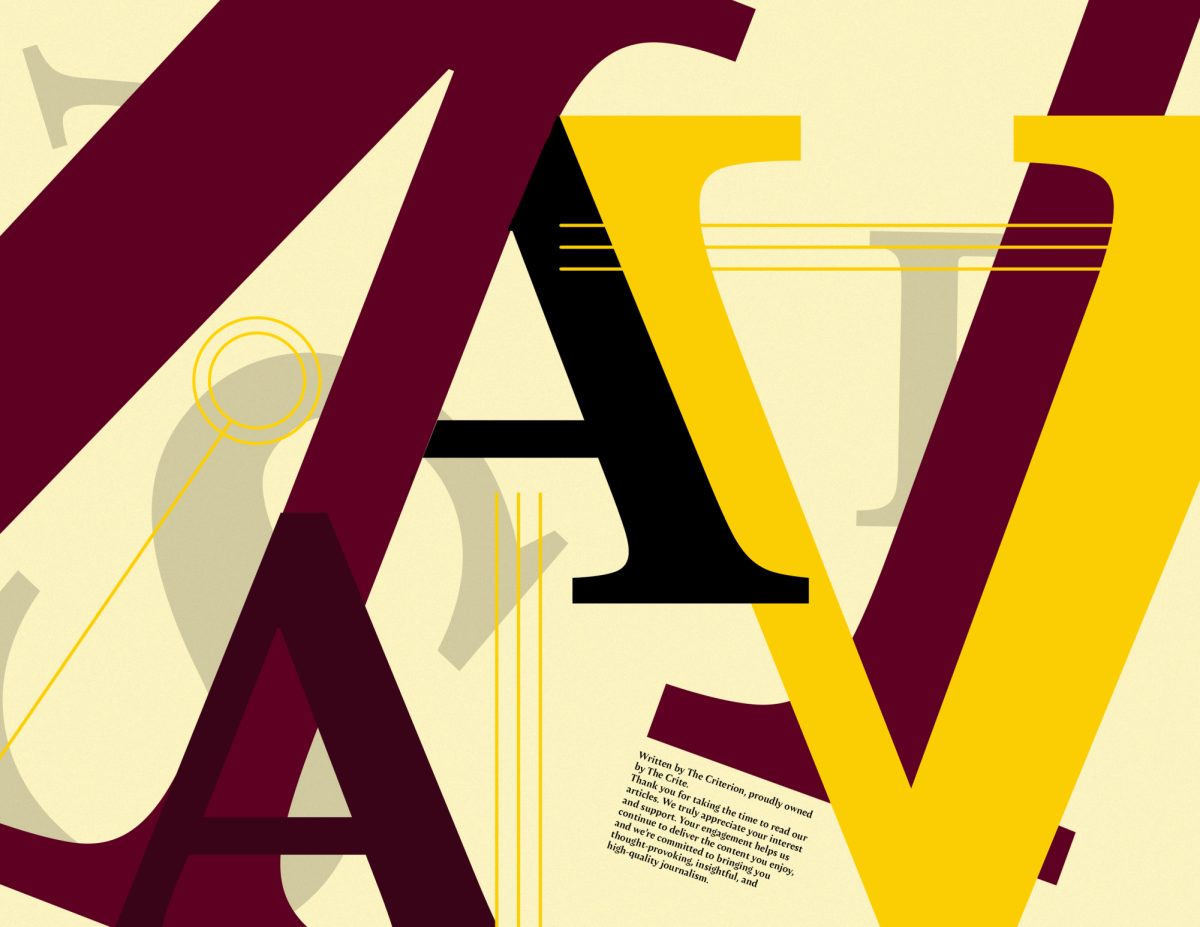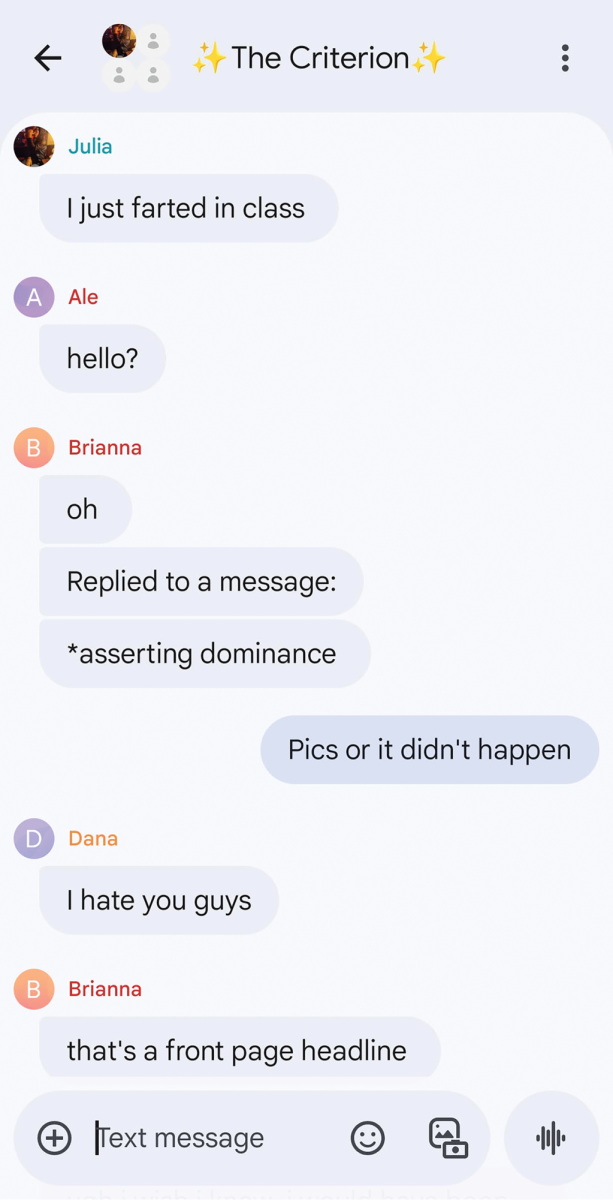by Jake Carmin
According to Pew Research, the share of Americans who listen to podcasts is steadily increasing. In 2012, 12 percent said they regularly listen to podcasts. This year, that number rose to 21 percent. And the market has responded; advertising revenue has reached an estimated 35 million.
If you don’t listen to podcasts, you should start. They’re perfect for workouts, trips to the store or long bike rides. Plus, it’s educational, and the market is filled with conversations on almost every topic imaginable. Here are some of my favorites:

99% Invisible
“99% Invisible,” a podcast from Roman Mars (TED speaker and one of Fast Company’s 100 Most Creative People), is all about the design you don’t see. Mars’ impressive abilities as a host allow him to thoughtfully examine a visual topic such as design without actually showing his listeners any of it. For years, he has covered the design of flags, escalators (and the music they make), pyramids, airports, beer and more. Those interested in art, marketing or engineering should not hesitate to give this podcast a try.

More Perfect
This podcast’s title calls both to the past and the future; a play on the U.S. Constitution’s preamble, it has high hopes that we can make our union more perfect. As “More Perfect” covers the United States Supreme Court, the central theme of each story is the legal system’s struggle between the institutions of the past and the needs of the future. New York’s NPR studio “Radiolab” cranked the episodes out last summer, covering controversial topics like racial jury profiling, gerrymandering and affirmative action. The research-heavy episodes take a long time to produce, but thankfully, season two is nearly upon us. The hosts accomplish the impressive feat of being both high-concept and easily accessible. As a result, criminal justice and political science students, as well as those with a passing interest, will enjoy “More Perfect.”

Like “More Perfect,” this NPR staple manages to talk about complex financial and business topics without alienating less informed listeners, like yours truly. As they explore loan incentives, insurance regulations, international finance and taxes on chickens, listeners will be unable to keep themselves from learning a thing or two. Perhaps the most notable episode featured an economist who evaluated the trade policies from Star Wars. “Planet Money”’s short runtime make them perfect for running errands and gym warm-ups.

Remember the guy from Discovery Channel’s “Dirty Jobs?” The man who climbed into sewers and piles of dead fish? Yeah, he also sang opera. True story, Mike Rowe joined the opera to get a union card and to meet girls. Like Rowe, stories on “The Way I Heard It” are multifaceted, refusing to wrap up the way listeners expect. The episodes, some of the shortest podcasts available on the market, call back to radio personality Paul Harvey’s show “The Rest of the Story” (which, in my family, was a show that grandpa always let us stop ranch work to listen to). And of course, Rowe’s opera-worthy voice makes his show easy on the ears.

Billed as ‘the most popular conservative podcast in America,’ Ben Shapiro speaks his mind and apologizes for nothing. Though unashamedly conservative, Shapiro is worth listening to even if you’re on the opposite side of the aisle. A Jewish lawyer who studied law at Harvard, he’s unafraid to criticize his own party when they stand against consistency, free markets and logic. Shapiro’s aversion to hypocrisy is commendable. He gives Obama credit when due, and skewers Trump almost on a daily basis. It is more than refreshing to hear conservatives speak out against the new administration, and its far-from-conservative policies. Liberals and moderates beware, however; Shapiro’s social politics range from the somewhat understandable to the downright inconsiderate.








